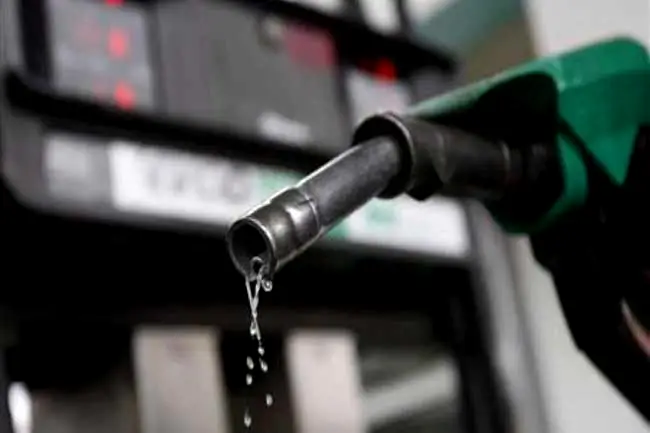Barely three weeks after jerking up the price per litre of petrol, retail outlets owned by the Nigerian National Petroleum Company Limited (NNPCL) adjusted the pump price of the commodity on Tuesday in Lagos from ₦998 to ₦1, 025.
In Lagos, Channels Television observed that many NNPCL outlets sold a litre of the essential commodity for ₦1,025, from the ₦998 it was sold between October 9 and October 28, about ₦28 higher.
Channels Television visited six NNPCL outlets in Lagos and observed that most of the filling stations in town weren’t selling fuel as they claimed they didn’t have stock.
A few NNPCL outlets that sold the premium commodity sold it at ₦1,025 while others owned by independent marketers sold a litre of petrol as high as ₦1,100.
The fresh increase followed the October 9, 2024 hike, from ₦855 to ₦998. Also, on September 2, 2024, the retail company hiked the price per litre of petrol from ₦568 to ₦855, sparking outrage.
Since the “Subsidy is gone” presidential declaration in May 2023, the NNPCL has gradually increased the pump prices of petrol from ₦184 in Lagos to ₦1,025.
Though there has not been any official statement from the NNPCL on the latest increase in petrol prices, the NNPCL hinted at a fresh price increase when it began loading its first batch of petrol from the Dangote Refinery in mid-September.
Then, the NNPCL said it got petrol at ₦898 per litre from the private refinery and that it would sell it for ₦950 per litre in Lagos and ₦1,019 in Borno.
Dangote Refinery instantly denied selling petrol to the NNPCL at ₦898 but the retail company insisted that it got petrol from Dangote Refinery at ₦898 per litre and challenged the latter to release the price it sold petrol. The NNPCL further released a breakdown of pricing for Dangote petrol at its filling stations across the country.
Last December, Dangote, Africa’s leading industrialist, commenced operations at his $20bn facility sited in Lagos with 350,000 barrels a day.
The refinery, which was initially bogged by regulatory battles, hopes to achieve its full capacity of 650,000 barrels per day by the end of the year.
The refinery has begun the supply of diesel and aviation fuel to marketers in the country and now petrol.
Nigeria, Africa’s most populous nation, faces energy challenges, with all its state-owned refineries non-operational. The country is heavily reliant on imported refined petroleum products, with the state-run NNPC being the major importer of the essential commodities.
Fuel queues are commonplace in the country. Prices of petrol more than quadrupled since the removal of subsidy in May 2023 by President Bola Tinubu, from around ₦200/litre to over ₦1000/litre, compounding the woes of the citizens who power their vehicles, and generating sets with petrol, no thanks to decades-long epileptic electricity supply.
Channels






Leave a Reply